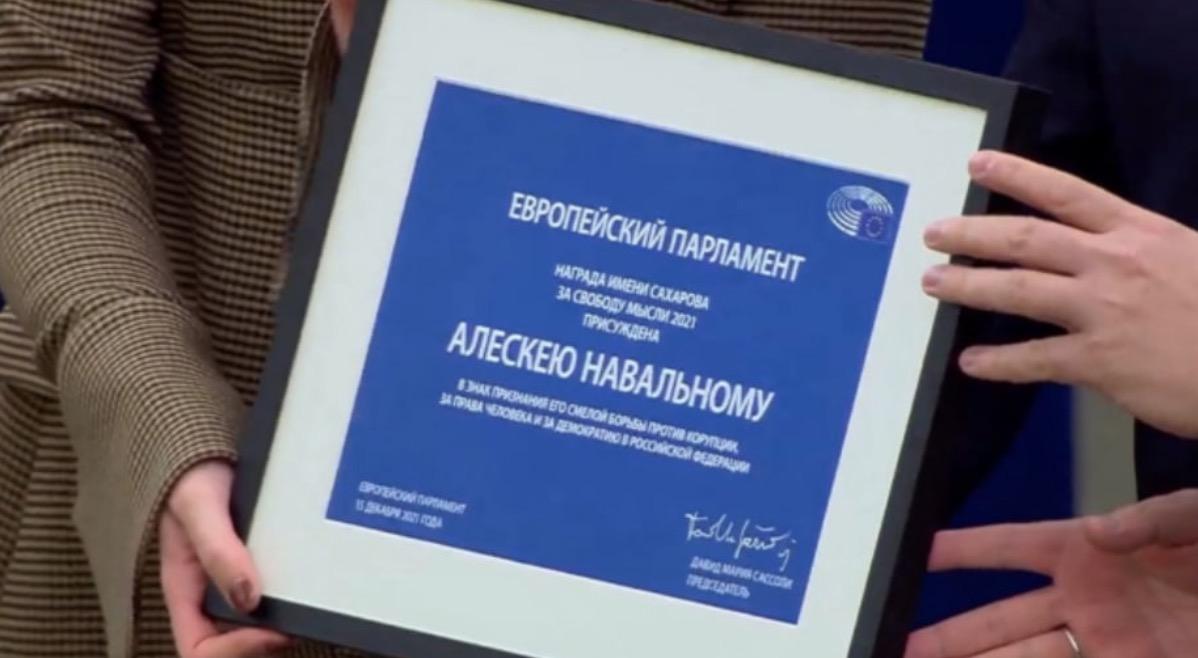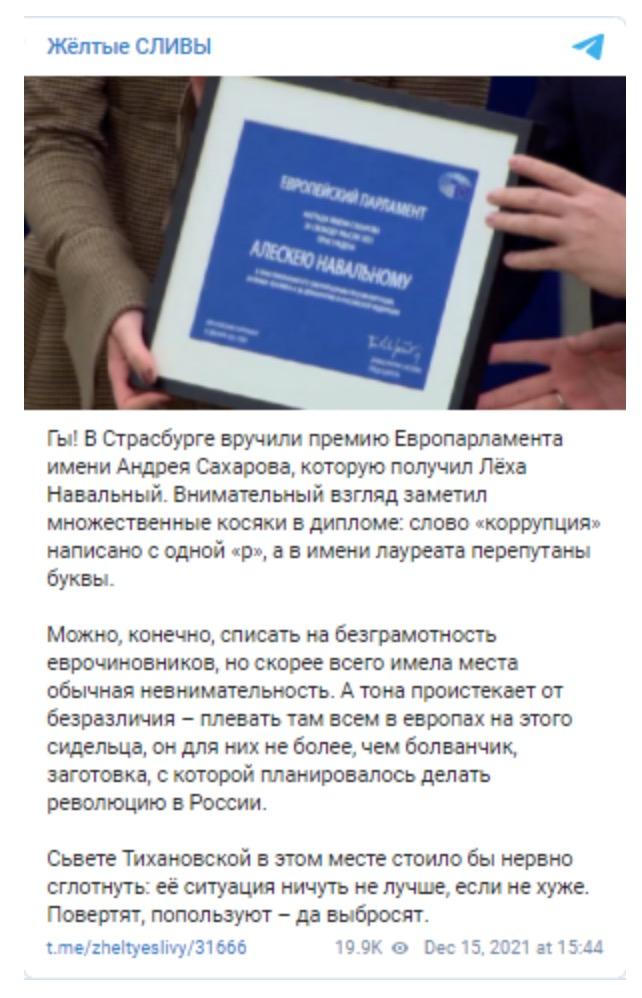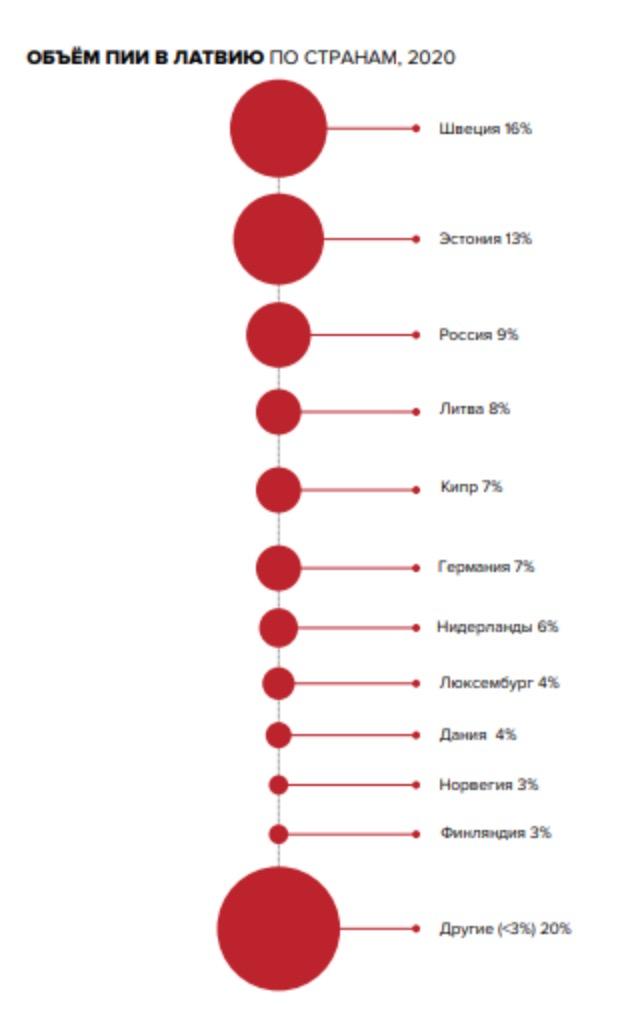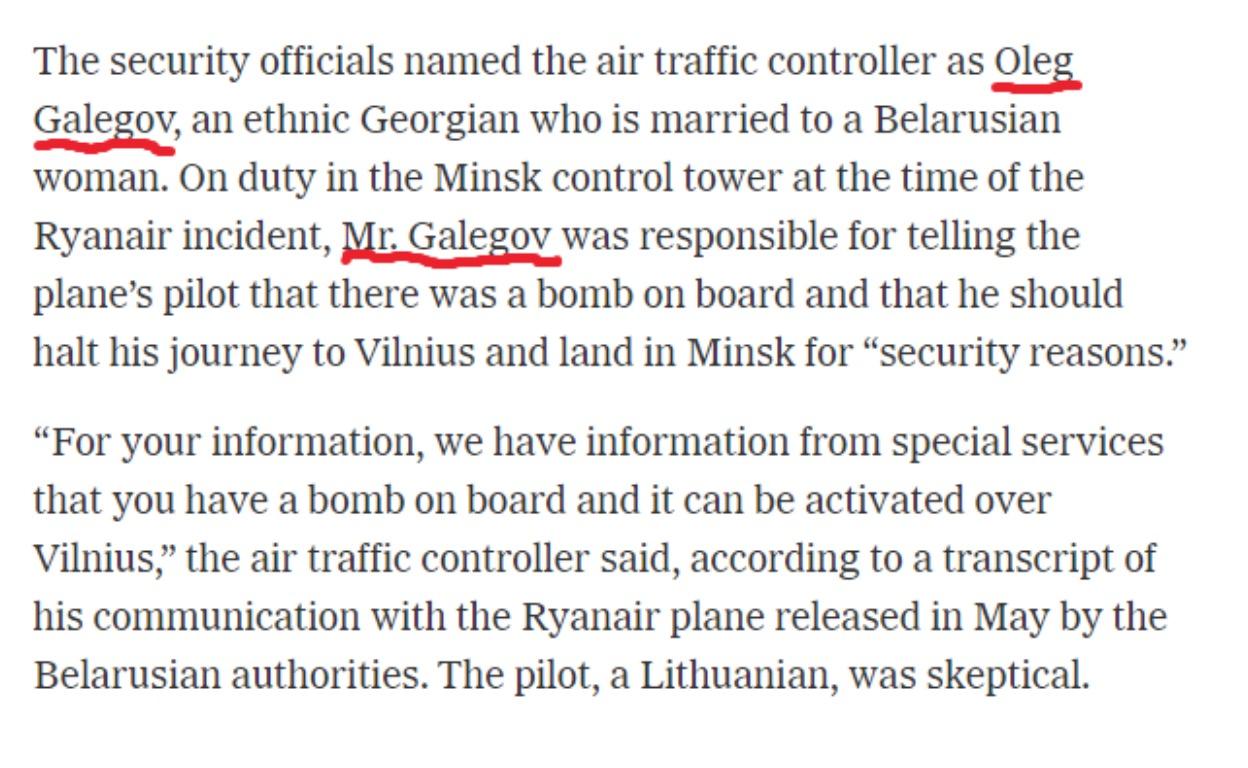Instead of Alexey, his daughter was at the presentation. So the "Yellow Plums" noticed that on the certificate that was presented to Daria Navalnaya, her father's name was misspelled, namely the letters in it were mixed up. Instead of "Alexey Navalny” it says "Aleskey Navalny”. The European deputies also missed one letter "r" in the word "corruption".

We agree, there are indeed mistakes. However, one of them is just a typo. But for their ignorance of the Russian language, the "Yellow Plums" scolded those for whom this language is not native, but a foreign one. And at the same time, in the post, in which the telegram channel accused European politicians of illiteracy, its authors made a lot of mistakes themselves.

- "Most likely" is an introductory construction, so it should have been allocated with commas.
- The wrong case ending in the phrase "took place" or, scientifically speaking, "violation of word combination rules”.
- In the post in which the "Yellow Plums" mocked European officials for making a typo, they made the same mistake. Instead of "она", they wrote "тона".
- Well, and after the word "indifference" there should be a colon, not a dash, because the second part of this disjunctive compound sentence has the meaning of reason.
In general, while the Europeans made two mistakes, the literates from the "Yellow Plums" managed to make four at once.
Political scientist Peter Petrovsky on the "Alfa Radio" condemned Western countries for wasting money on vaccines and QR codes and set Belarus as an example.
"Instead of what has already been proven, the main thing is early diagnosis, CT. This is what we need to buy, not QR codes for IT specialists. Artificial respiration machines, anesthesia and breathing apparatuses. The fact that, again, we are in the top ten countries" - said Petrovsky.
In terms of the number of CPR machines, Belarus really stands out. At the beginning of the pandemic, we had 22 machines per 100,000 citizens.
This is half of what it was at the beginning of the pandemic in the United States, and one and a half times less than in Germany, but 2 and 3 times more, respectively, than it was in the UK and France.
But with tomographs, which are necessary for diagnosis of disease, Belarus is a bad example. The Ministry of Health does not give the total number of CT machines in the country, and this data is not displaced in the statistics. But we know from the media that there are 72 of them in the capital and in half of the regions. This means that in each analyzed region and in Minsk, the availability of CT scanners is approximately the same: 1.2 -1.3 devices per 100,000 citizens. Moreover, procurement of CT scanners increased sharply during the coronavirus pandemic, and 5% of them, according to the Ministry of Health, are periodically out of order due to breakdowns.
But Belarus has not yet reached the level of Europe in this regard. Three years ago Lithuania had twice as many CT scanners per 100,000 people as Belarus has now. In Poland - one and a half times more. In Latvia - three times.
"And what will Lithuania transport without Belarus and China? What? Who needs Lithuania? I can't understand. It produces nothing itself. It can't load its own ports", Petrovsky continued.
Lithuania has one major port - Klaipeda. And Belarusian cargo is 37% of its annual cargo turnover. It's not insignificant, but it's not much either. Two-thirds of the cargo comes from other transporters.
Pro-regime sociologist Nikolay Shchekin said that Lithuania and Latvia have been living off Belarus all these years.
"During these 26-27 years, it was Belarus, it was President Lukashenka, who were the main investors in the economy of Lithuania and Latvia. The main ones! And they would continue to be. They were living off us. They still do not understand it. But they are beginning to understand," said Shchekin.
Only Lithuanian statistics presents a different picture. For all the time, there has been less than a quarter of a billion euros of investment from Belarus. From small Estonia - 12 times more. From Germany - 24 times more than from Belarus. And even tiny Luxembourg invested six times more. Our country is not even in the top 10 largest investors of Lithuania.
The situation is the same in Latvia. Three quarters of investments there come from the Eurozone. Another tenth comes from Russia.

“The New-York Times”' publication about the Ryanair plane landing is full of fakes. This was attempted to be proved for more than 20 minutes on the "Belarus-1" TV Channel by its employee Maria Petrashko and the head of the Department of Aviation of Belarus Artem Sikorski.
"Basically, this is what we have. We don't even know exactly who gave the information to “The New-York Times” or whether it was a fictitious dispatcher. There are no concrete facts, no one but him, an unnamed character, has seen this KGB employee, there is no recording of his voice anywhere", Sikorski was indignant.
Somebody is lying. The dispatcher is not such an "unnamed" character. The publication has his last name - Oleg Galegov. Only the on-air interlocutors never mentioned it. Although, Artem Sikorsky should know whether a dispatcher with such a surname worked at the National Airport.




